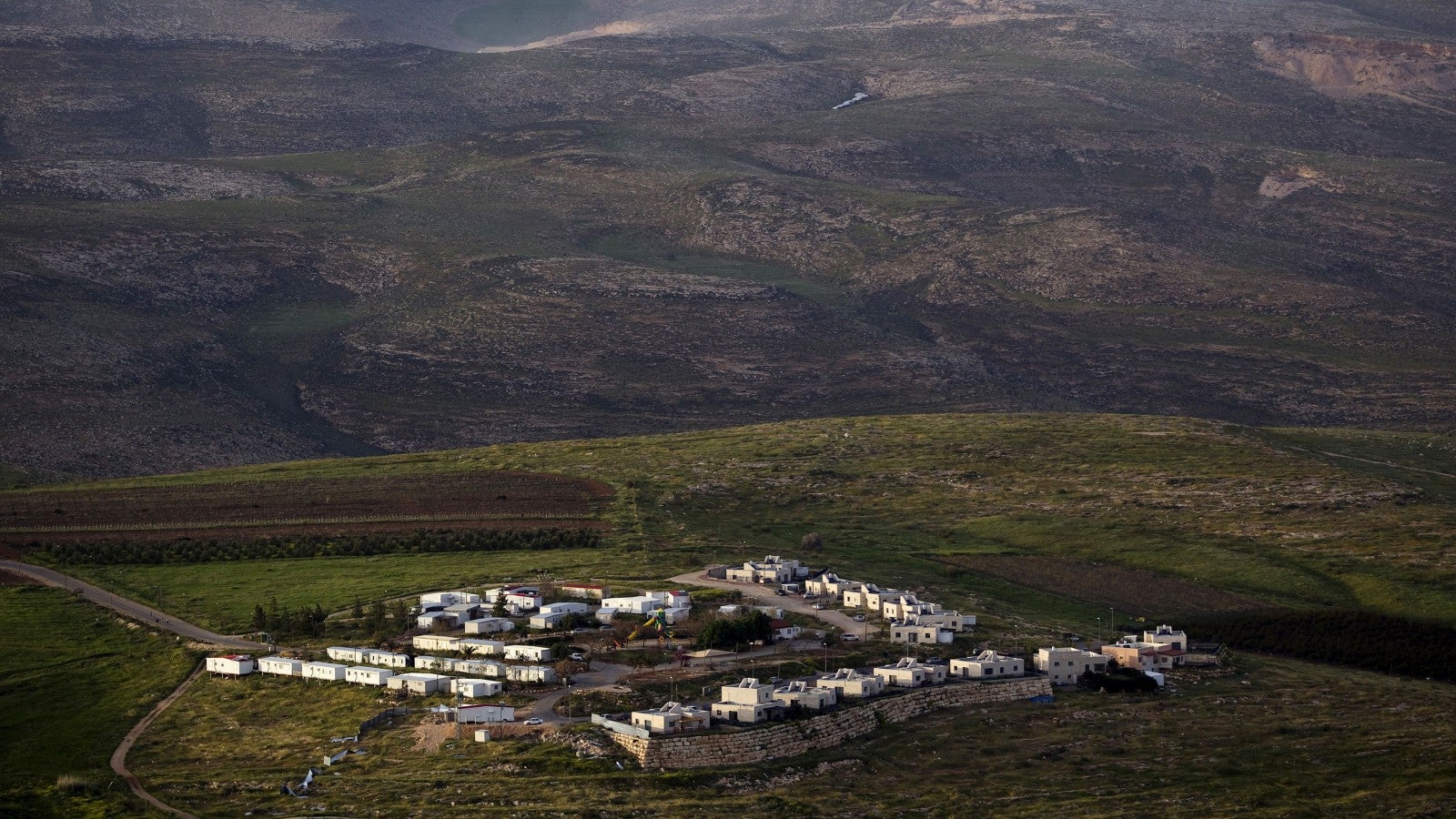The EU wants all products from Israeli settlements to be labelled as such—and Israel is furious
The European Union yesterday (Nov. 11) said it wants all products made in Israeli settlements in Palestinian territories to be clearly labeled with their place of origin. Israel’s leaders have reacted with fury, canceling diplomatic meetings and ramping up embattled rhetoric. Not surprising, perhaps, given that the EU is Israel’s biggest export market.


The European Union yesterday (Nov. 11) said it wants all products made in Israeli settlements in Palestinian territories to be clearly labeled with their place of origin. Israel’s leaders have reacted with fury, canceling diplomatic meetings and ramping up embattled rhetoric. Not surprising, perhaps, given that the EU is Israel’s biggest export market.
The move isn’t new, but reinforces measures that were already in place, the EU said (pdf). It makes it compulsory to add “settlement” to labels for products produced in the enclaves; it is “misleading” to label products produced in settlements in the West Bank or the Golan Heights as as simply “Made in Israel.” Explaining itself, the European Commission noted that “there is indeed a demand for clarity from consumers, economic operators and national authorities” about where the EU stands on the issue.
Israel’s leaders said the move would stigmatize “Jewish” products. “The labeling of products of the Jewish state by the European Union brings back dark memories,” said Israeli prime minister Binyamin Netanyahu. “Europe should be ashamed of itself.”
Israel’s foreign ministry canceled some scheduled consultations with their EU counterparts, and said it was “puzzling and even irritating” that the EU had chosen to label products from settlements, while ignoring other territorial disputes worldwide.
Total trade between the EU and Israel amounted to about €30 billion ($32 billion) in 2014. Products that will be affected by the labeling rule include fresh fruit and vegetables, wine, honey, olive oil, eggs, poultry, and cosmetics. The fear for Israeli businesses is that the EU’s technical “interpretative notice” about labeling could be a sign of more serious risks to trade with Europe in the future.